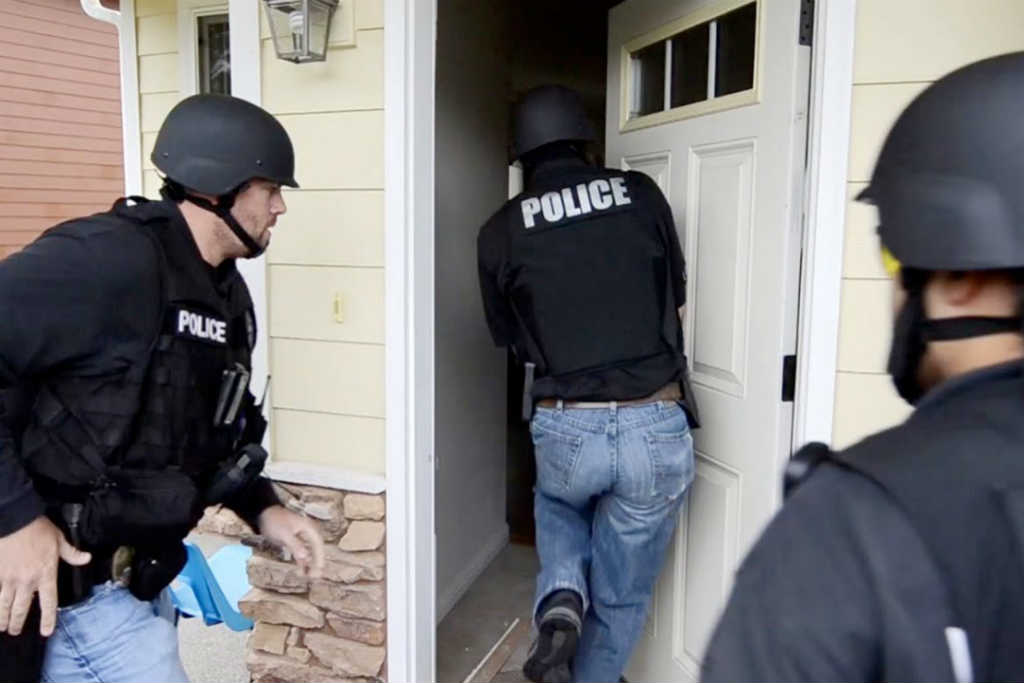Criminal law is a complicated topic, but it’s worth understanding your rights if you’ve come under scrutiny from the police. Fortunately, in Australia you do have a lot of rights, and they are generally pretty clear.
However, police searches can become a complicated subject. Usually, you will have a lot of rights, and you can’t usually be searched without a warrant. But, like with everything, there are exceptions to the rule, which means that you should always speak with a criminal lawyer if you think you’ve been searched illegally.
With this in mind, I’ve put together a short list of things you should do if you’ve been searched without a warrant. They include:
Speak with a criminal lawyer ASAP
If you’ve been searched, the chances are that the police have their eye on you for some reason. If you’ve been searched without a warrant, then you might have some rights that you’re not aware of, and you might even be able to claim some sort of compensation from the police.
Speaking with an experienced criminal lawyer will help you decide on your next steps. If you are doing something illegal, but have been searched illegally, then any evidence that was obtained may be unusable.
On the other hand, you might decide to take a proactive approach to building a case against charges that you fear might be laid.
I’d recommend doing a bit of research before you choose a criminal lawyer. Make sure that you choose one with a lot of experience, who has a good reputation, and who is friendly and approachable.
Understand your rights
Ultimately, it all comes back to understanding your rights. The laws do vary slightly from state to state in Australia, but Victoria is a good example.
In Victoria, there are basically five situations that allow the police to search you. They include:
- If you have agreed to a search. If you agree to a search the police should get your consent in writing. It’s important to realise that you don’t have to agree, and that there’s no consequences to saying no.
- If they have a warrant. If the police have a warrant to search you or your property then they have full authority to conduct a search.
- If they have arrested you. Once you have been arrested then you lose any rights to refuse a search.
- If they are allowed to by law. This only applies to a few specific situations, but they should always make it clear why they are searching you and what law applies.
- If you’re in certain public spaces. In specified public spaces the police have full rights to search you and anyone else in the area.
As you can see, you usually have the right to refuse a search, and it’s important to understand this.
Final Word
If you’ve been subjected to a police search without a warrant, then you may be able to take legal action. I’d recommend speaking to a criminal lawyer and allowing them to guide you and tell you what to do next.


